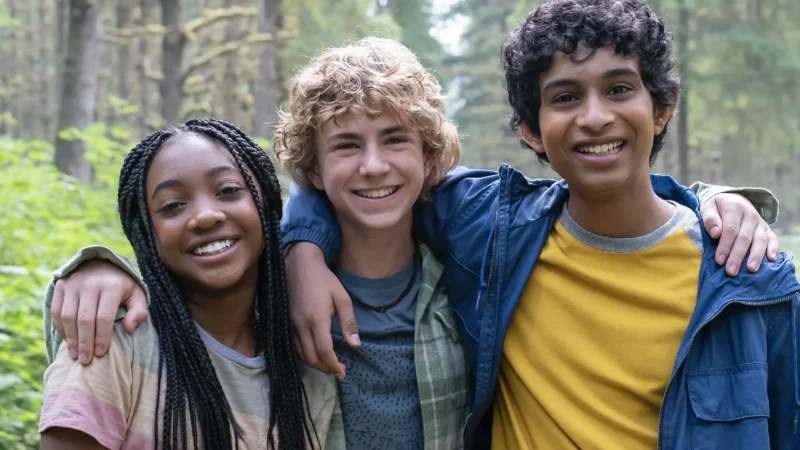Ai Generated Video

In the digital age, the evolution of media production has reached unprecedented heights, with artificial intelligence (AI) now standing at the forefront of innovation. One of the most remarkable advancements in this realm is the emergence of AI-generated video, a groundbreaking technology poised to revolutionize visual storytelling as we know it.
Traditionally, video production has been a labor-intensive process, requiring substantial time, resources, and expertise. From scriptwriting to editing, each stage demands meticulous attention to detail and creative input. However, the advent of AI has introduced a paradigm shift, offering automated solutions that streamline the entire production pipeline.
At the heart of AI-generated video lies deep learning algorithms, capable of analyzing vast datasets to understand patterns, styles, and preferences. By leveraging techniques such as natural language processing (NLP) and computer vision, these algorithms can interpret textual inputs, storyboard concepts, and even mimic human expressions with astonishing accuracy.
One of the most notable applications of AI-generated video is in the realm of content creation for marketing and advertising. Brands and agencies are harnessing this technology to generate personalized video ads tailored to individual consumer preferences. Through sophisticated algorithms, AI can dynamically adjust elements such as visuals, messaging, and calls-to-action to resonate with diverse audience segments, maximizing engagement and conversion rates.
AI-generated video is transcending the boundaries of conventional storytelling, enabling creators to explore new narrative formats and visual styles. From generating lifelike characters to crafting immersive virtual environments, AI empowers storytellers to unleash their creativity without being constrained by traditional production limitations.
In the entertainment industry, AI-generated video is reshaping the landscape of film and television production. Studios are leveraging AI to streamline tasks such as pre-visualization, scene composition, and visual effects, accelerating the pace of content creation while reducing costs. Additionally, AI-driven recommendation systems are revolutionizing content discovery, helping viewers discover personalized recommendations based on their preferences and viewing history.
The rise of AI-generated video also raises important questions regarding ethics, authenticity, and the future of human creativity. As AI algorithms become increasingly sophisticated, there is a growing concern about their potential to manipulate reality and perpetuate misinformation. Additionally, there is a debate surrounding the role of AI in creative expression, with some arguing that it may diminish the uniqueness and authenticity of human storytelling.
Conclusion
Despite these challenges, the transformative potential of AI-generated video cannot be understated. As technology continues to evolve, we can expect AI to play an increasingly prominent role in shaping the future of visual storytelling. By combining the power of artificial intelligence with human ingenuity, we have the opportunity to unlock new realms of creativity and redefine the art of storytelling for generations to come.





